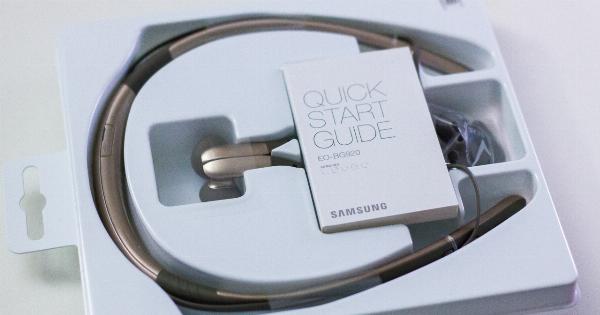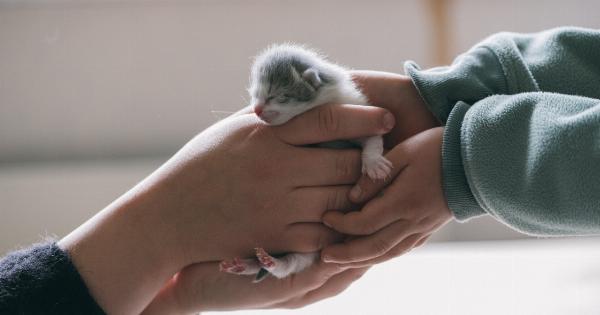Newborn kittens are often abandoned by their mothers or require care due to medical issues. Caring for newborn kittens can seem overwhelming, but with a little guidance, it can be manageable.
This beginner’s guide will provide you with helpful tips and information.
Preparation
It’s important to prepare beforehand for the arrival of newborn kittens. Here are a few things you will require:.
- Kitten formula: You can buy kitten formula from a local pet store or a veterinarian. Ensure that you purchase one that is suitable for newborn kittens.
- Bottles and nipples: You’ll require bottles and nipples to feed the kittens the formula. Again, ensure that you buy ones that are suitable for newborn kittens.
- Blankets and towels: You will require blankets and towels to keep the kittens warm. Make sure you have extra as you will need to change them frequently.
- Heating pad: You’ll require a heating pad to keep the kittens warm. Set it on low and place it under a portion of the box. The kittens should have the option to move away from it if they become too hot.
- Thermometer: A thermometer will help you check the temperature in the box and ensure that it’s not too hot or too cold.
Feeding
Newborn kittens must be fed every two to three hours. If they seem satisfied after a feeding, then you can extend the period by half-hour intervals.
Here are some helpful tips for feeding newborn kittens:.
- Positioning: When feeding, you should position the kittens on their stomach so that they can nurse well. You can also prop them up with a towel.
- Quantity: The amount of formula that the kittens require increases as they grow. You can expect them to consume about two to three milliliters per feeding. A rule of thumb is that kittens will consume about three ml of formula for each ounce of their body weight in 24 hours. So, if a kitten weighs 4 ounces, it will require 12 ml of milk in 24 hours.
- Burping: It’s important to burp the kittens after each feeding to release any air that may have been ingested while feeding. This can be achieved by holding the kitten gently against your chest or in your lap and patting their back gently.
Bathroom Needs
Like human babies, newborn kittens need help with their bathroom needs. You will need to coax them to urinate and defecate. A mother cat does this by licking their genital area. In the absence of a mother, you can help the kittens by:.
- Stimulating: Dip a piece of cotton wool or a soft cloth in warm water and gently stroke the kitten’s genital area. This should help them release their urine and feces.
- Feces: Kittens generally defecate after a feeding. Use a moist tissue or a soft cloth to remove the feces and clean the kitten.
Keeping Them Warm
Newborn kittens are unable to regulate their body temperature, and therefore it’s essential to keep them warm. You can accomplish this by:.
- Heating pad: As previously mentioned, a heating pad set on low and placed under a portion of the box will help keep the kittens warm.
- Blankets: Wrap the kittens in a soft, warm blanket to keep them cozy.
- Temperature: Ensure that the box temperature is between 85-90 degrees Fahrenheit and not too hot or too cold. Use a thermometer to check this.
Nurturing
While caring for newborn kittens, it’s essential to nurture them and show them love and affection. Talk and pet them frequently, which can help stimulate their growth and development. Here are some other tips:.
- Grooming: Grooming the kittens by using a damp cloth to clean their fur can help to stimulate them and regulate their body temperature.
- Quiet Environment: Keep the kittens in a quiet and stress-free environment to assist them in sleeping and growing.
- Veterinarian: Take the kittens for regular checks with a veterinarian to ensure that they are healthy and growing.
Conclusion
Caring for newborn kittens can seem daunting at first, but with the proper preparation and guidance, it can be a rewarding and fulfilling experience. Remember, patience, care, and nurturing are the keys to helping these tiny creatures thrive.






























